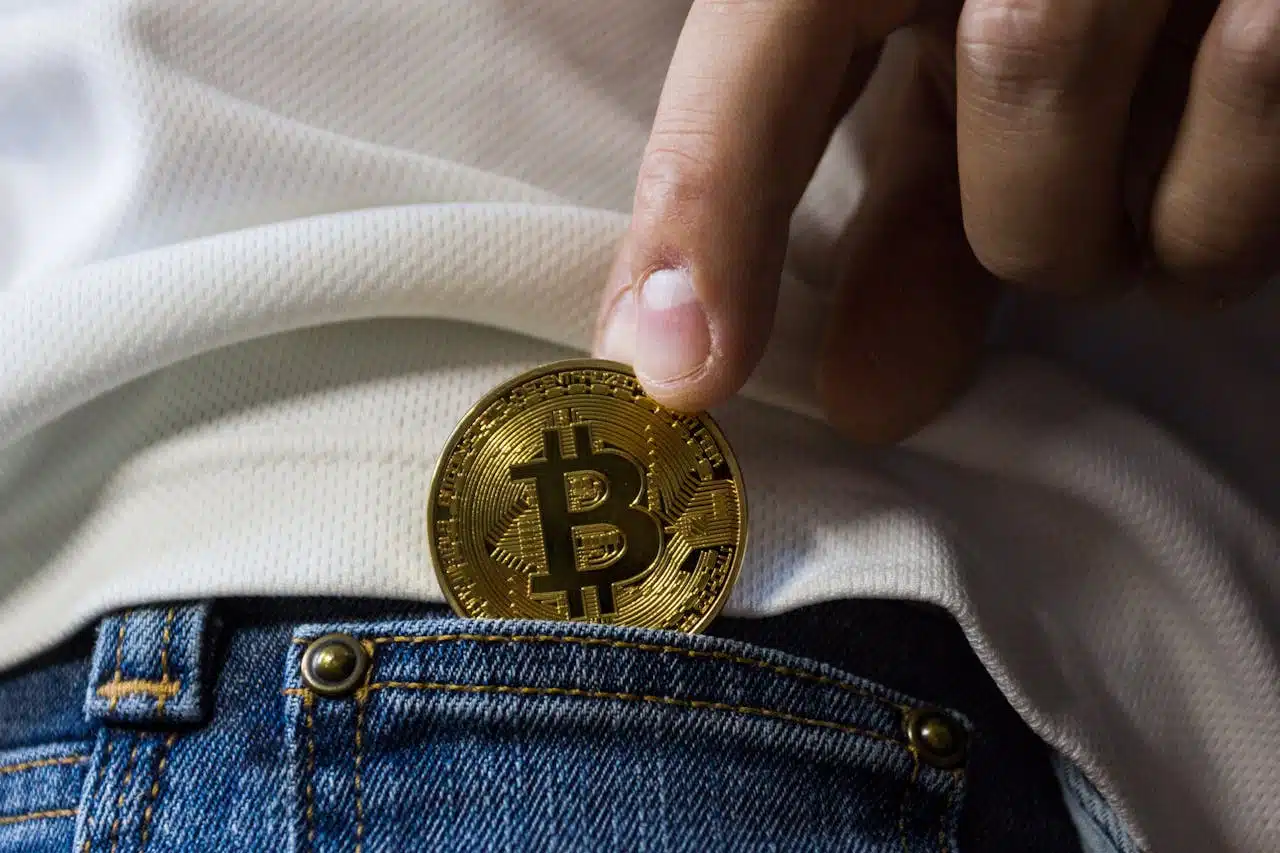When Bitcoin launched as the world’s first cryptocurrency in January 2009 each individual coin was virtually worthless. However, since then it has enjoyed a stratospheric surge in value to the point that at the time of writing this article each single Bitcoin is worth $57,049!There is absolutely no doubt that those who invested in Bitcoin at the right time have made huge profits. But will the price of Bitcoin keep on rising? Is it a digital currency, perfect for the 21st Century which will continue to soar in value, or is it a speculative bubble that is set to burst; a modern-day version of Dutch tulip bulb mania? Or is there perhaps a third option, that Bitcoin will settle down from its current volatilty and mature into a steady currency, establishing itself as a secure means of exchange much like traditional national currencies?
Opinions on Bitcoin and other cryptocurrencies tend to be extremely polarised ranging from evangelical proponents to scoffing doomsayers and all points in between. So how can we try and make sense of the conflicting views?
Perhaps the best way to start is to ask ‘what is Bitcoin for?’. It was launched shortly following the financial crash of 2008 by Satoshi Nakamoto. (Nobody knows for sure who Nakamoto is and it is widely assumed to be a pseudonym either for an individual or a group of people). In a paper released in 2008, shortly before Bitcoin’s launch, Nakamoto explained that it was designed to be used as a means of exchange for everyday financial transactions and as an alternative to the traditional bank and government-controlled monetary system.
Judged in this light it seems fair to say that Bitcoin has been moderately successful. Its use has grown steadily and it is now accepted as a means of payment by around 15,000 businesses large and small worldwide including some major players such as Paypal and Microsoft. During 2021 there has been an average of around 400,000 Bitcoin transactions per day. By comparison, the Visa network does about 1,700 transactions per second! There is a potential future problem for Bitcoin in this regard as well. Due to the nature of its blockchain system, it is currently only capable of dealing with about 5 transactions per second – if it is ever to become a genuine mainstream currency it will have to increase this capability massively.
However, it is in a different guise that Bitcoin has been much more successful. This is as what’s known as a store of value. A version of gold for the technologicial age, a safe haven for investors against inflation and instability. While it could be argued that much of Bitcoin’s early rise was a result of speculators trying to cash in on an ever-increasing price that has changed in recent times as institutional investors have begun to get involved. For example, major American banks, JP Morgan, Goldman Sachs and Morgan Stanley have all launched Bitcoin funds for their clients in recent months. Government regulatory agencies too have started to adapt their rules to cater for cryptocurrencies.
There are potential risks to consider here too though. Unlike gold which has a utility as a precious metal for uses such as jewelry or in electronics, Bitcoin has no physical existence or intrinsic value. While it is also true that a paper currency such as a £5 note or a $10 dollar bill has no intrinsic value they have a long history of acceptance as a recognised means of exchange. Bitcoin may have been set up partly as a vehicle for circumventing government control of currencies, but even if you dislike or distrust your government at least you know who they are. By design, nobody can tell who the owner of a Bitcoin is and this raises the possibility of cartels of major owners of the cryptocurrency forming to manipulate the market in the future.
Has Bitcoin reached it’s peak? The honest answer to this question is that nobody knows, but it’s undeniable that investors have enjoyed fantastic returns over the last few years. For those that think these profits are set to continue there are lots of trading platforms such as bitcoin equaliser software available as a place to start, but proceed sensibly because there are plenty of risks to go with the possible rewards.

